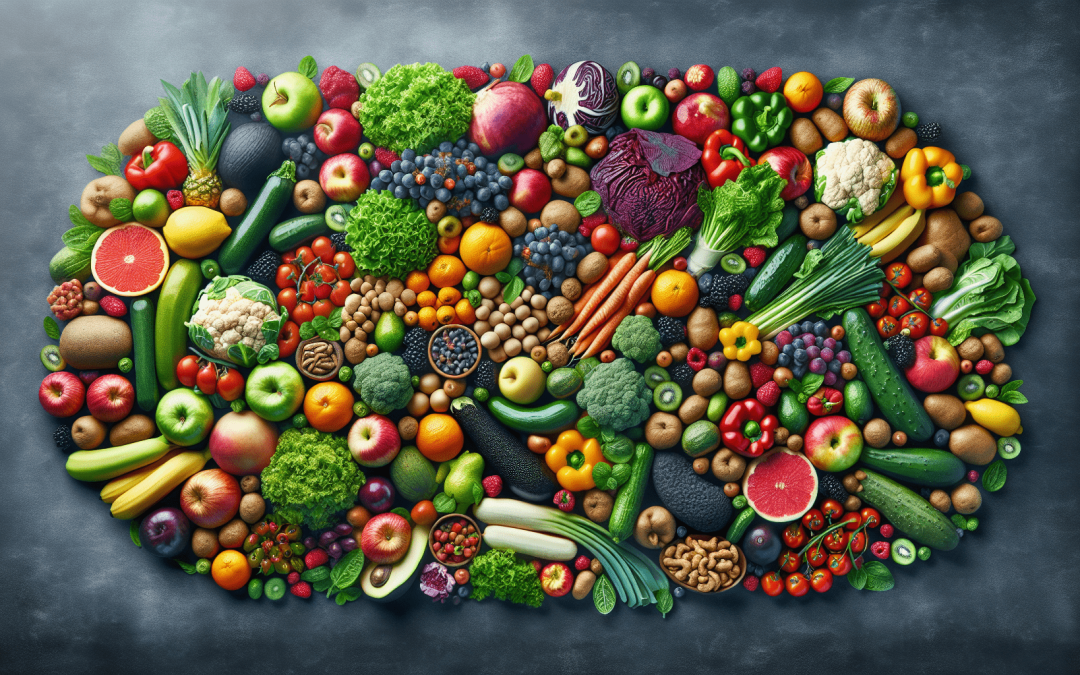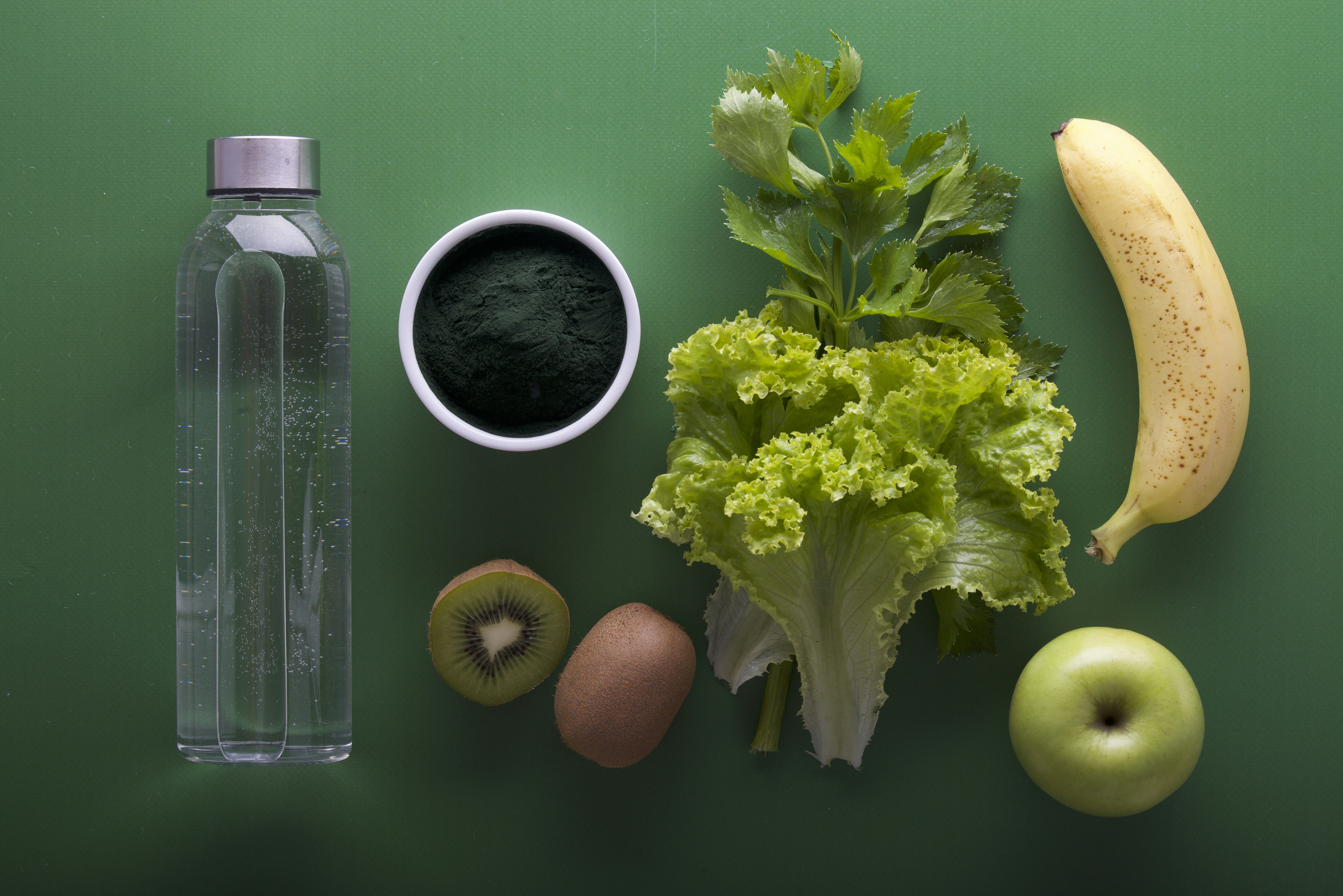Welcome to your guide on how to incorporate whole food nutrition into your diet! By focusing on whole foods, you can ensure that you are getting all the essential nutrients your body needs to thrive. From incorporating more fruits and vegetables into your meals to choosing whole grains and lean proteins, making small changes can have a big impact on your overall health and well-being. Get ready to feel energized and nourished as you embark on this journey to a healthier you! Have you ever wondered how you can incorporate whole food nutrition into your diet to improve your overall health and well-being?
Understanding Whole Food Nutrition
Eating whole foods means consuming foods that are as close to their natural state as possible, without added ingredients or processing. These foods are nutrient-dense and are packed with vitamins, minerals, fiber, and other essential nutrients that are beneficial for your health.
Eating whole foods can provide numerous health benefits such as weight management, reducing the risk of chronic diseases, improving digestion, boosting energy levels, and enhancing overall well-being.
Benefits of Whole Food Nutrition
Incorporating whole food nutrition into your diet can provide a wide range of benefits, such as:
- Improved digestion and gut health
- Increased energy levels
- Weight management
- Reduced risk of chronic diseases
- Enhanced mental clarity and focus
How to Incorporate Whole Food Nutrition
Incorporating whole food nutrition into your diet may seem overwhelming at first, but with a bit of planning and creativity, it can be easier than you think. Here are some tips to help you get started:
1. Start Slowly
If you’re new to whole foods, it’s best to start slowly and gradually incorporate them into your diet. Try adding one whole food item to your meals each day and gradually increase the amount over time. This approach can help you adjust to the new flavors and textures of whole foods without feeling overwhelmed.
2. Fill Your Plate with Color
One of the easiest ways to incorporate whole food nutrition into your diet is to fill your plate with a variety of colorful fruits and vegetables. Different colors represent different nutrients, so by eating a rainbow of fruits and vegetables, you can ensure that you’re getting a wide range of vitamins and minerals in your diet.
3. Choose Whole Grains
Instead of refined grains like white bread and pasta, opt for whole grains such as brown rice, quinoa, oats, and whole wheat bread. Whole grains are rich in fiber, vitamins, and minerals, making them a healthier choice for your overall health.
4. Incorporate Lean Proteins
Include lean proteins such as chicken, fish, tofu, beans, and legumes in your diet to support muscle growth, repair, and overall health. Choose organic, grass-fed, and wild-caught options whenever possible to ensure that you’re getting the highest quality protein sources.
5. Snack on Whole Foods
Instead of reaching for processed snacks like chips and cookies, opt for whole food snacks such as nuts, seeds, fruits, and vegetables. These snacks are nutrient-dense and can help keep you satisfied between meals without the added sugars and unhealthy fats found in processed snacks.
6. Drink Plenty of Water
Staying hydrated is essential for good health, so make sure to drink plenty of water throughout the day. Water helps flush out toxins, aids digestion, and supports overall cellular function. Aim to drink at least eight glasses of water a day to stay properly hydrated.
7. Meal Prep and Plan Ahead
One of the keys to incorporating whole food nutrition into your diet is to meal prep and plan ahead. Take some time each week to plan your meals, make a grocery list, and prepare healthy snacks and meals that you can easily grab on the go. This can help you stay on track with your healthy eating goals and avoid unhealthy convenience foods.
8. Avoid Processed Foods
Processed foods are often high in unhealthy fats, sugars, and additives that can be harmful to your health. Avoid foods that come in packages with long ingredient lists full of preservatives and artificial ingredients. Instead, choose whole foods that are minimally processed and free from added sugars and chemicals.
Examples of Whole Food Nutrition
Incorporating whole food nutrition into your diet can be delicious and satisfying. Here are some examples of whole foods that you can add to your meals:
Fruits
- Apples
- Bananas
- Berries (blueberries, strawberries, raspberries)
- Oranges
- Kiwi
Vegetables
- Spinach
- Broccoli
- Carrots
- Bell peppers
- Sweet potatoes
Whole Grains
- Brown rice
- Quinoa
- Oats
- Barley
- Whole wheat pasta
Lean Proteins
- Chicken breast
- Salmon
- Tofu
- Lentils
- Beans
Nuts and Seeds
- Almonds
- Walnuts
- Chia seeds
- Flaxseeds
- Pumpkin seeds
Dairy and Alternatives
- Greek yogurt
- Almond milk
- Cottage cheese
- Cheese (in moderation)
- Soy milk
Healthy Fats
- Avocado
- Olive oil
- Coconut oil
- Nuts and seeds
- Fatty fish
Conclusion
Incorporating whole food nutrition into your diet can have a significant impact on your overall health and well-being. By following these tips and incorporating whole foods into your meals, you can enjoy the benefits of improved digestion, increased energy levels, weight management, reduced risk of chronic diseases, and enhanced mental clarity and focus. Start slowly, fill your plate with colorful fruits and vegetables, choose whole grains, lean proteins, and healthy fats, and snack on whole foods to fuel your body with the nutrients it needs to thrive. Remember, small changes can lead to big improvements in your health, so start incorporating whole food nutrition into your diet today for a healthier tomorrow.











